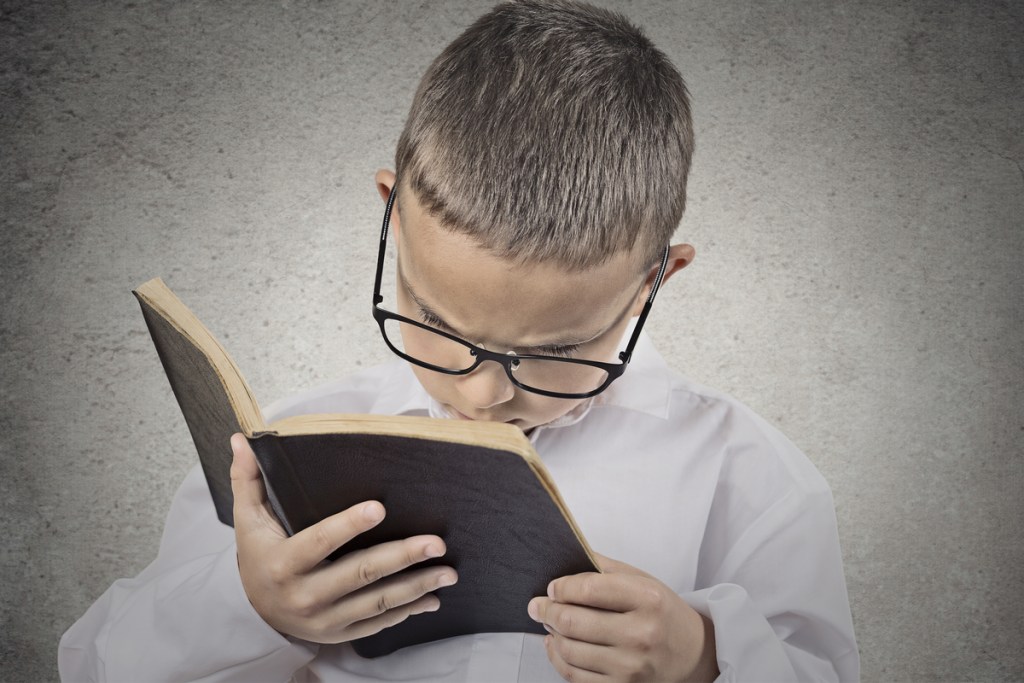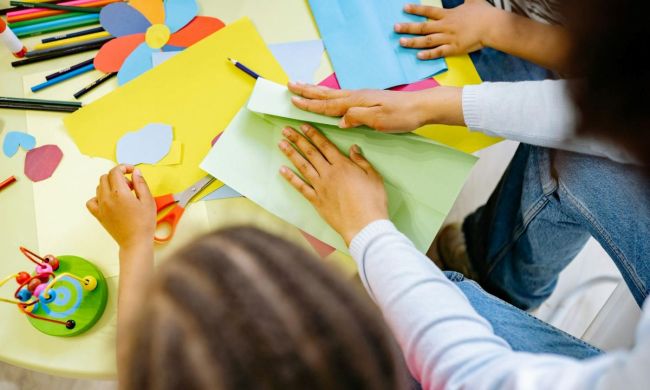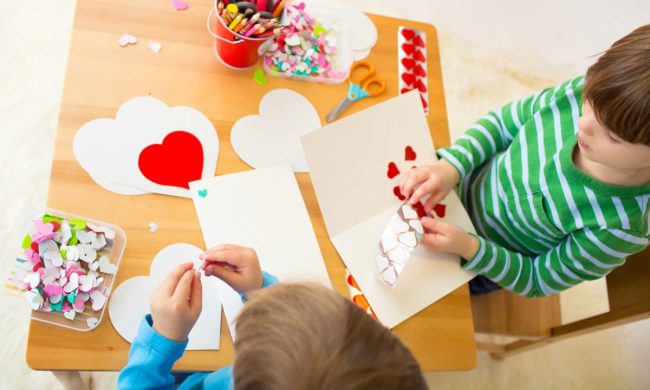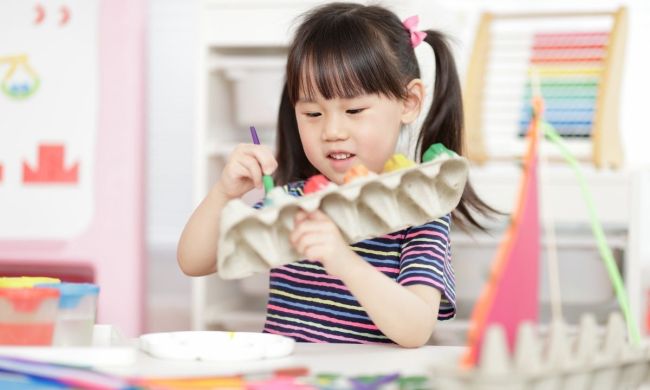Reading can bring lifelong enjoyment and is an integral part of education. It’s a skill that comes into every facet of education, including math. When a child is struggling to read, the difficulty inevitably trickles down into other subjects. The struggle can also turn a child off on education and make school a drudgery. Pre-reading skills begin in preschool and continue in kindergarten, though reading issues can crop up at any age. Many older kids have trouble with comprehension when reading switches from learning to read to reading to learn. Regardless of the age when reading difficulties begin, it’s important to get a handle on them as quickly as possible. One way is to make reading more enjoyable. Literacy games for kids help improve a child’s reading skills while taking some of the pain out of the process. So, put away the flashcards and give these tips for how to make reading fun to help your child find the joy in reading.

How to make reading fun
Read aloud
Young children love to be read to, and that’s something kids of all ages can find pleasure in. When a child is struggling, it’s vital to keep the fun in reading. Finding a chapter book to share together at bedtime each night is an ideal way to help a reluctant reader. Do character voices and have your child join in reading parts as well. The nighttime ritual works to generate some excitement around reading. It’s also an opportunity for your child to practice his or her decoding and comprehension skills.
Explore all forms of reading
For a struggling reader, reading becomes a turnoff. At home, try and show your child that reading isn’t just a subject in school by exploring all types of reading including comic books, graphic novels, and magazines. Kids can practice their reading skills just as easily with a comic book or the Sunday newspaper comics as with a book from school.

Find books your child connects to
JK Rowling’s Harry Potter series turned a lot of tweens and teens who weren’t interested in books into obsessed readers. When kids find books they enjoy, they are more apt to open it. The trick is to discover a book series or an author your child is interested in. Dav Pilkey’s Captain Underpants series may turn you off, but kids think the books are hysterical. The point is to get them reading.
Make connections
Kids don’t always see the connection between school subjects and everyday life. Helping them see those connections by practicing their reading skills in the grocery store, at the train station, by playing board games, or by helping to map out vacation plans.
Literacy games
When kids are having trouble with fluency, identifying key sight words, or decoding sounds, playing literacy games can be a great learning tool. Zingo is a terrific bingo-inspired game for pre-readers because players can use pictures to help identify words. Bingo games are often used in school to help kids learn letters, sounds, and basic sight words. Parents can play these games at home, too. When kids are playing games, they don’t even realize they are practicing reading skills, which is what makes literacy games a perfect pick at home. Here are some fun literacy games kids can enjoy while strengthening their reading skills.
Audiobook
An audiobook shouldn’t replace a conventional book, but it is another way to try and make reading less of a chore. Having kids listen to a book while following along assists in comprehension, fluency, and decoding skills. Listening to an audiobook also teaches a child how to add inflection and excitement to their voice when reading aloud in class.
Choose books that fit your child’s interests
If you have a soccer kid, find books on the sport. Does your kiddo love dinosaurs? Choose books relating to dinosaurs. If books are about things children are into, they will want to read them. Even if a book is above their reading level, you can enjoy it together.
Head to the library
Take advantage of the free programs at your local library. Many of the programs are literacy-oriented and help nurture a love of reading even for a struggling reader. You can also find a wide selection of books your child might be interested in.

Watch a movie
Pick a chapter book to read aloud to your child each night. When the book is over, sit down together and watch the movie (if there is one). Movies don’t always do a book justice, but they do bring the story to life for kids.
Find a tutor
Sometimes if a child is struggling with their reading skills, getting outside help is not a bad thing. A tutor can pinpoint your child’s trouble spots and help give him or her a needed confidence booster. If you do decide to get a tutor for your child, don’t necessarily choose his or her teacher. A new voice may make a huge difference for a reluctant reader.
Reading can bring such joy and it’s important to instill that enthusiasm in kids. When a child struggles to read, he or she loses that excitement. Try some of these tips to make reading fun for your child at home. When they feel more confident in their reading ability, it will seem less like a chore.



